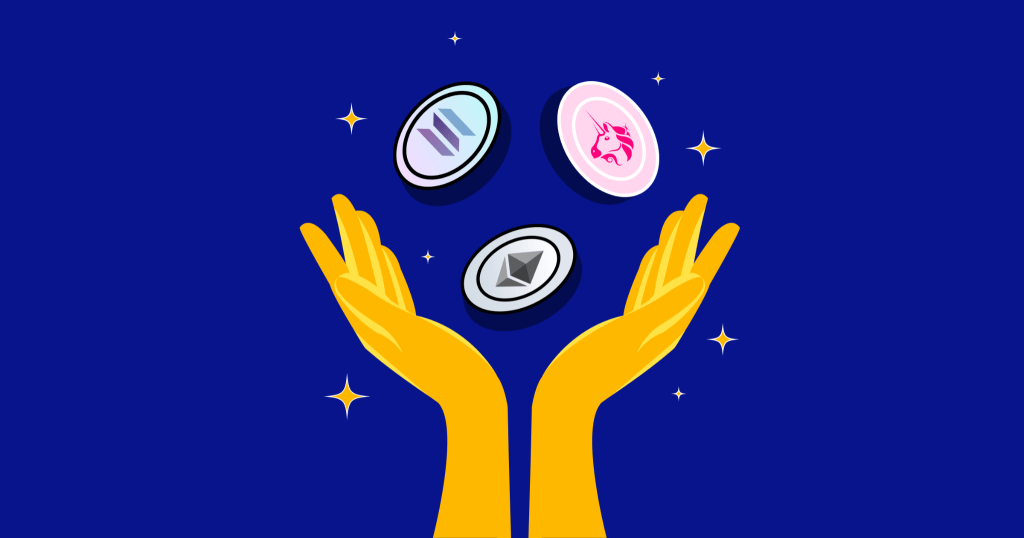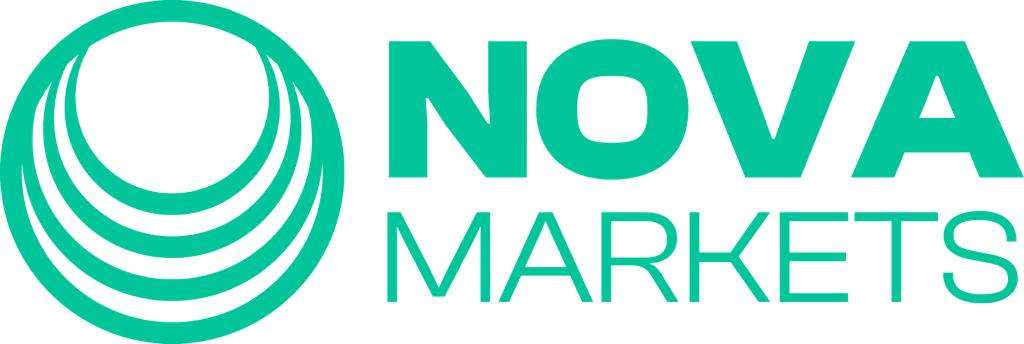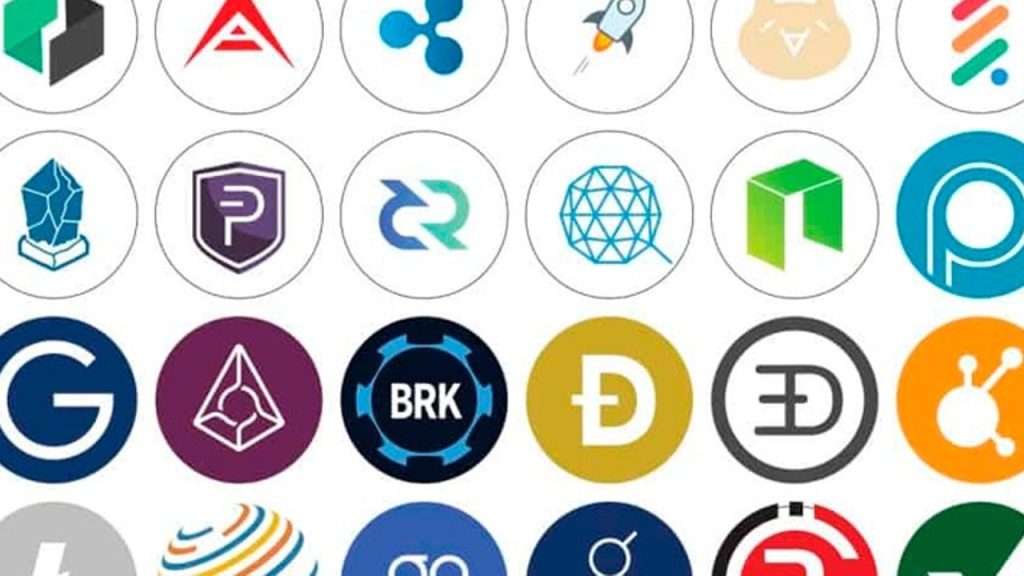EXPLORING THE WORLD OF CRYPTOCURRENCIES BEYOND BITCOIN; Cryptocurrencies have taken the financial world by storm, with Bitcoin leading the way as the pioneering digital currency. However, beyond Bitcoin, there exists a vast and diverse landscape of alternative cryptocurrencies, commonly known as altcoins. These altcoins offer unique features, technologies, and investment opportunities, making them an exciting addition to the crypto market. In this article, we will delve into the world of altcoins, exploring their purpose, benefits, risks, and notable examples.

Understanding Altcoins
Altcoins are cryptocurrencies that serve as an alternative to Bitcoin. While Bitcoin remains the most well-known and valuable cryptocurrency, altcoins offer a wide range of options beyond its limitations. These digital assets are built on various blockchain networks and aim to address specific use cases, improve upon existing technologies, or introduce innovative features.

Types of Altcoins
- Platform Coins: Platforms like Ethereum, NEO, and EOS enable the creation of decentralized applications (DApps) and smart contracts. Their native tokens, such as Ether (ETH), GAS, and EOS, fuel transactions and provide access to platform features.
- Utility Tokens: Utility tokens are specific to a particular project or ecosystem. They serve a purpose within that ecosystem, such as granting access to services, paying for transaction fees, or participating in governance. Examples include Binance Coin (BNB), Chainlink (LINK), and Ripple (XRP).
- Privacy Coins: Privacy coins prioritize anonymity and enhanced privacy features. They utilize cryptographic techniques to protect users’ identities and transaction details. Popular privacy coins include Monero (XMR), Zcash (ZEC), and Dash (DASH).
- Stablecoins: Stablecoins are cryptocurrencies pegged to the value of a stable asset like fiat currency or commodities. They aim to reduce the volatility typically associated with cryptocurrencies. Examples include Tether (USDT), USD Coin (USDC), and Dai (DAI).
- Security Tokens: Security tokens represent ownership in traditional assets like real estate, stocks, or commodities. These tokens provide investors with fractional ownership and the potential for dividend payments or other financial benefits. Security tokens comply with regulatory frameworks and offer increased investor protection.

Benefits of Altcoins
- Diversification: Altcoins allow investors to diversify their cryptocurrency portfolios beyond Bitcoin, reducing risk and potentially maximizing returns.
- Technological Innovation: Altcoins often introduce new technologies, such as smart contracts, privacy features, scalability solutions, and more. They drive innovation and contribute to the overall development of the crypto ecosystem.
- Investment Opportunities: Some altcoins have experienced significant price appreciation, providing lucrative investment opportunities for early adopters and astute investors.

Risks and Considerations
- Volatility: Altcoins can be highly volatile, with price fluctuations exceeding those of traditional assets. Investors must be prepared for significant price swings and potential losses.
- Market Liquidity: Some altcoins may have lower trading volumes and liquidity compared to Bitcoin, which can make it challenging to buy or sell large amounts without affecting the market price.
- Regulatory Uncertainty: Altcoins may face regulatory challenges and legal uncertainties, varying from country to country. It is crucial to stay informed about regulatory developments and compliance requirements.
- Project Viability: Not all altcoin projects succeed or deliver on their promises. Thorough research and due diligence are essential to evaluate the project’s team, technology, roadmap, and community support before investing.

Notable Altcoins
- Ethereum (ETH): The second-largest cryptocurrency by market capitalization, Ethereum introduced smart contracts and paved the way for decentralized applications.
- Ripple (XRP): Ripple focuses on facilitating fast and low-cost international money transfers, particularly for financial institutions.
- Litecoin (LTC): Created by Charlie Lee, a former Google engineer, Litecoin is often referred to as the silver to Bitcoin’s gold. It offers faster transaction confirmation times and a different hashing algorithm.
- Cardano (ADA): Cardano is a blockchain platform that aims to provide a secure and sustainable platform for the development of decentralized applications and smart contracts.
- Polkadot (DOT): Developed by Ethereum co-founder Gavin Wood, Polkadot is a multi-chain platform that enables different blockchains to interoperate and share information securely.
- Chainlink (LINK): Chainlink is a decentralized oracle network that connects smart contracts with real-world data, enabling them to interact with external APIs and data sources.
- Stellar (XLM): Stellar focuses on facilitating cross-border transactions and reducing the costs associated with remittances, especially for the unbanked population.
How To Exchange Your Altcoins For Fiat On DartAfrica

You may easily and profitably convert your cryptocurrency holdings to fiat and then transfer the money to your local bank account with DartAfrica. DartAfrica is a brand-new, rapidly growing cryptocurrency trading platform that seeks to make it simple and enjoyable for users in Ghana and Nigeria to sell cryptocurrencies for fiat (for the time being). Popular cryptocurrencies including USDT, USDC, ETH, and BTC are supported by DartAfrica, and the company wants to expand this variety to meet the needs of a broad spectrum of customers with different preferences. Contrary to other exchange platforms or conventional banking institutions, DartAfrica has no transaction costs, which is just one of the numerous possible advantages.
Additionally, the platform offers easy navigation, speedy, secure transactions, and a user-friendly layout. To efficiently use DartAfrica:
- Visit their website to quickly and easily register.
- Logging onto your account and choosing “Security” will allow you to create a transaction pin.
- Click “Account Details” to see the steps for opening a local bank account.
- Select the coin you wish to deposit by selecting “Sell Coins.” Include the USD value (at least $20).
- You’ll be given a barcode and wallet address when you choose “Sell Now,” along with instructions on how to deposit the equivalent amount you want to sell. The correct amount of currency is deposited into your account after two block confirmations. Up until the deposit is finished, you can keep track of your transaction in the “Trades” section. This is visible on your “Dashboard.”
- Click “Withdraw funds,” then input the required amount to make a withdrawal to the account you previously created in step 3. Your neighborhood bank receives a prompt credit without any further expenses.

Altcoins represent a fascinating and diverse sector within the cryptocurrency market. They offer unique features, technologies, and investment opportunities beyond Bitcoin. From platform coins and utility tokens to privacy coins and stablecoins, each altcoin serves a specific purpose within the crypto ecosystem. While altcoins present potential benefits such as diversification, technological innovation, and investment opportunities, they also come with risks, including volatility, regulatory uncertainties, and project viability. Therefore, conducting thorough research, understanding the fundamentals of each altcoin, and practicing responsible investing are crucial. By staying informed and adopting a cautious approach, investors can navigate the world of altcoins and potentially capitalize on the opportunities they present.



